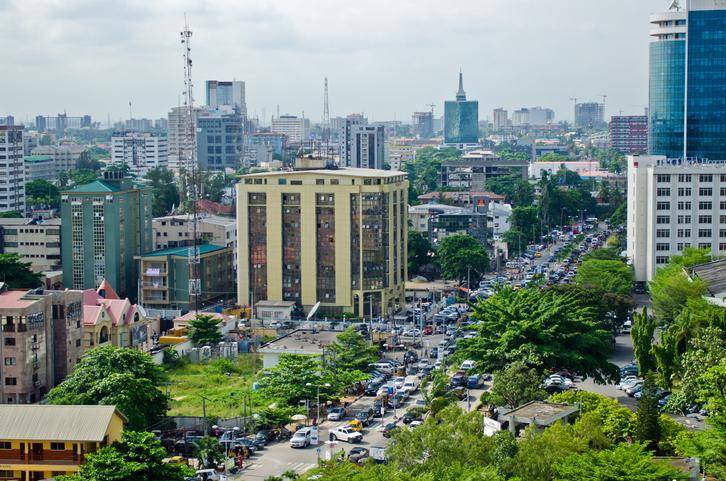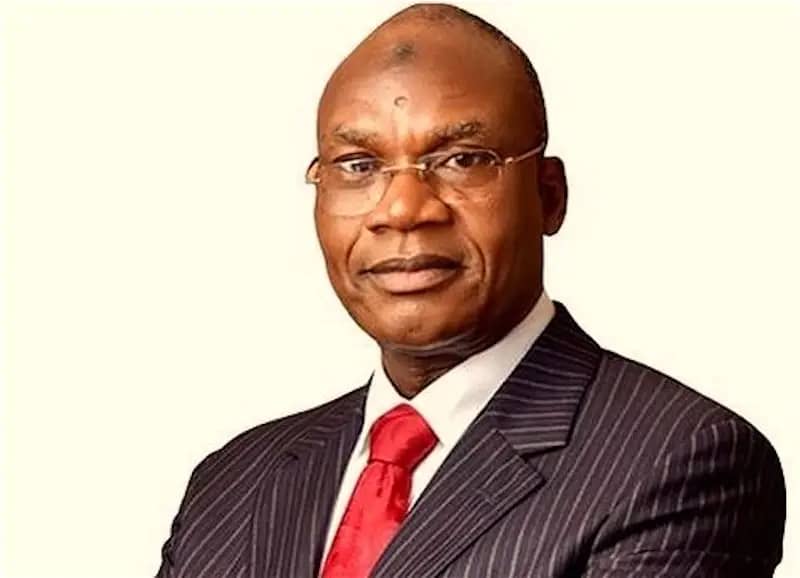In a noteworthy development, the Nigeria Federal Government, through the National Salaries, Wages, and Income Commission, has officially given the green light to a substantial salary increase for both academic and non-academic staff employed in the country’s tertiary institutions. This decision elevates the percentage increase for junior staff members from last year’s 23.5% to a solid 25%. Furthermore, it is crucial to highlight that arrears dating back to January 2023 will also be disbursed.
Nigeria Salary Increment Breakdown
The approved salary increment translates to a 25% boost for junior staff members in tertiary institutions. This positive change underscores the government‘s commitment to enhancing the remuneration packages for those contributing to the education sector’s growth.
Unanswered Questions Regarding Past Strikes in Nigeria
Despite this welcome salary increase, there are lingering questions concerning the withheld salaries of academic and non-academic personnel who participated in strikes during 2022. Sources suggest that the Minister of Education, Professor Tahir Mamman, has reached out to Ekpo Nta, the Chairman of the NSIWC, seeking clarification on the collective status of these salaries.
Insights from Academic Unions
Insiders within the Ministry of Education suggest that the minister’s actions may be linked to ongoing interactions with academic unions and pressure groups. Dr. Anderson Ezeibe, the National President of the Academic Staff Union of Polytechnics, confirmed their awareness of these developments, highlighting a 25% increase for junior lecturers and a 35% increase for chief lecturers and professors.
Different Directions for Universities
Notably, the National Vice-President of the Academic Staff Union of Universities, Prof. Chris Piwuna, clarified that correspondence regarding this matter would be directed to university management, distinct from ASUU.

Formal Acknowledgment and Implementation
A letter dated September 14, 2023, addressed to the Minister of Education from the Chief Executive Officer/Chairman of the NSIWC, Eyo Nta, officially acknowledges the salary increment, commending the success of informal discussions and pledging support for educational sector reforms.
Subsequently, a circular issued by the commission on September 14, 2023, notifies various government bodies, including the Office of the President’s Chief of Staff, the Head of Civil Service of the Federation, and the Office of the Accountant General of Nigeria, about the implementation of the revised salary structures.
Effective from January 1, 2023
A letter from the Office of the Auditor General of the Federation, dated September 21, 2023, confirms the salary increment, specifying revised structures for academic and non-academic staff across federal polytechnics, colleges of education, and universities. The increment for the Nigeria civil workers is deemed effective from January 1, 2023, ensuring that the changes have a tangible impact on the financial well-being of tertiary staff.
In conclusion, this salary increase signifies a significant step toward recognizing and rewarding the contributions of staff in tertiary institutions. The numbers and formal acknowledgments demonstrate the Nigeria government’s commitment to fostering positive changes within the educational sector.
Table of Contents
Discover more from OGM News NG
Subscribe to get the latest posts sent to your email.














